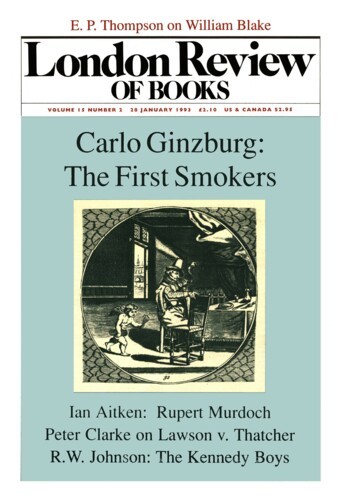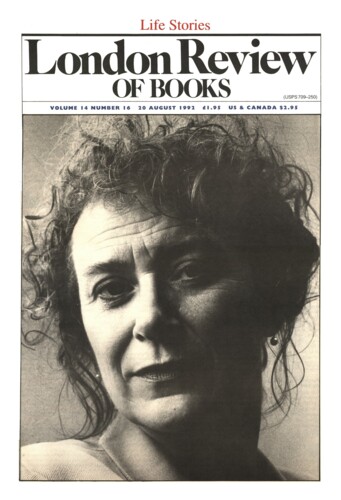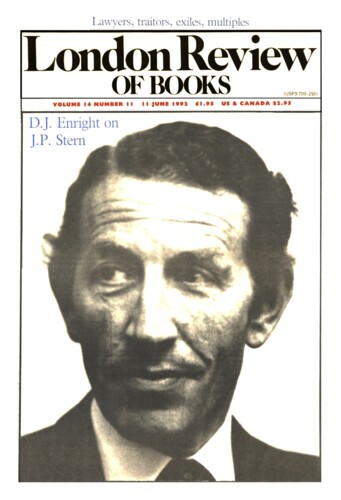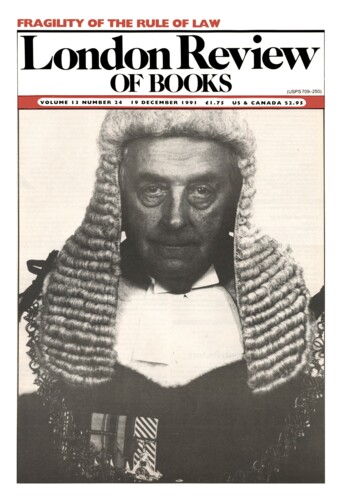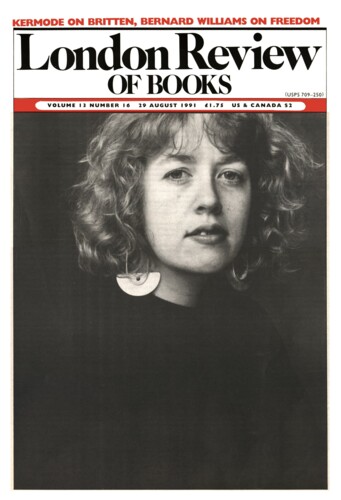William Spencer Cavendish, sixth Duke of Devonshire, was born ‘in a somewhat furtive manner for a baby of his exalted rank’. In 1790 his father, the fifth Duke, and his mother, the giddy Duchess Georgiana, had been travelling in the Low Countries, where the Austrian threat became such that they bolted for the safety of Revolutionary Paris. The party included the Duke’s mistress, Lady Elizabeth Foster, and his four young children, two of them by Lady Elizabeth, whose company Georgiana ‘for reasons best known to herself … loved more than that of any living soul’. Georgiana’s mother, Countess Spencer, was also in the group, for the Devonshire Set was nothing if not close-knit. On the eve of the accouchement Lady Elizabeth very prudently displayed her slim form at the opera, so heading off any rumour of a changeling. In the birth chamber several witnesses testified that the child was Georgiana’s (the event has echoes of the ‘warming-pan affair’ which embarrassed James II’s Queen). Having given her husband a long-wanted male heir, the Duchess naturally expected him to pay off her prodigious gambling debts. This he failed to do. Soon she became pregnant again, this time by a future prime minister, Earl Grey, who in years to come would be happy to present the white wand of a Lord Chamberlain to the sixth Duke.
The Bachelor Duke: William Spencer Cavendish, Sixth Duke of Devonshire, 1790-1858 by James Lees-Milne. William Spencer Cavendish, sixth Duke of Devonshire, was born ‘in a somewhat furtive manner for a baby of his exalted rank’. In 1790 his father, the fifth Duke, and his mother, the...
